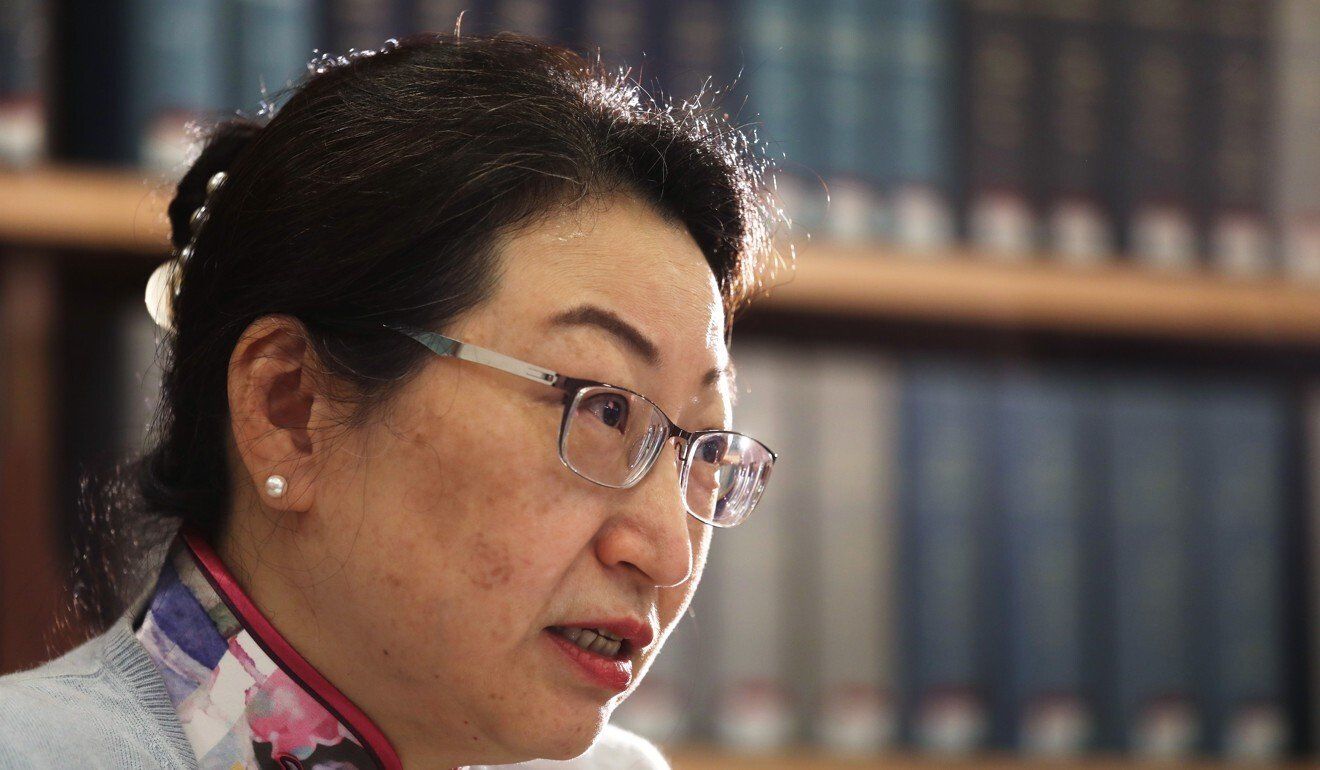Hong Kong News

Hong Kong justice chief warns public over court’s riot ruling
Hong Kong’s justice minister has weighed in on rulings concerning illegal assembly and riots by the city’s top court, warning those who were not present at a disturbance could still be dealt with through other means.
Secretary for Justice Teresa Cheng Yeuk-wah broke her silence on the landmark decision, delivered by the Court of Final Appeal last Thursday, saying she would “assist the general public in learning the legal principles set out in the judgment”.
While the top court ruled that a person not physically at an unlawful assembly or riot should not be held liable as an actual participant of the crime, it noted those who “promote or act in furtherance” of an illegal assembly – whether they are present or not – could face criminal liability under what it described as an “extended form of joint enterprise” for more serious offences committed when executing a “joint plan”.
Thursday’s ruling stemmed from appeals by activists Lo Kin-man and Tong Wai-hung.
Lo had asked the court to review his conviction in 2018, when he was found guilty of rioting during the Mong Kok unrest in 2016. But his appeal was dismissed.
The other activist, Tong, was acquitted of rioting in July last year in connection with the anti-government protests in 2019, after a lower court said prosecutors had no direct evidence against him. But the 34-year-old’s acquittal prompted the justice minister to seek clarifications on the application of joint enterprise from the Court of Appeal.
 Secretary for Justice Teresa Cheng.
Secretary for Justice Teresa Cheng.
Writing in her blog, Cheng noted the top court’s interpretation of “taking part” was broad, “embracing conduct which involves facilitating, assisting or encouraging”.
She wrote: “While mere presence does not make a person guilty, it does not take a great deal of activity to move from mere presence to encouragement, such as by words, signs or gestures, or by wearing the badge or ensign of the rioters.
“It is important to bear in mind that … the judgment clearly stated that public order can be fully enforced relying on secondary liability and inchoate offences.
“Those masterminds who remotely oversee and give commands, fund or provide materials for the unlawful assembly or riot, encourage or promote it on social media, provide support to participants such as collecting bricks, or act as lookouts may either be ‘taking part’ as principals or liable as aiders and abettors if present at the scene; or, if not present, liable as counsellors or procurers.”
She also noted that “if a group of people agreed to take part together in a riot intending to erect barriers, stopping traffic while knowing some among them would take along petrol bombs, should they proceed with their plan and petrol bombs were used to cause serious injury, the doctrine of extended joint enterprise might apply under which rioters would be liable for the more serious offence”.
Polytechnic University political scientist Chan Wai-keung said: “Cheng wants to set the record straight because many media reports last week had stressed much on the points in the ruling that it is unlawful to apply the common law doctrine of joint enterprise to illegal assembly and riot cases when going after suspects who are not on the scene.
“The government may fear it could lead to some activists thinking that they could escape legal liability so long as they are not there but only assisting the rioters somewhere else or on the internet.”











